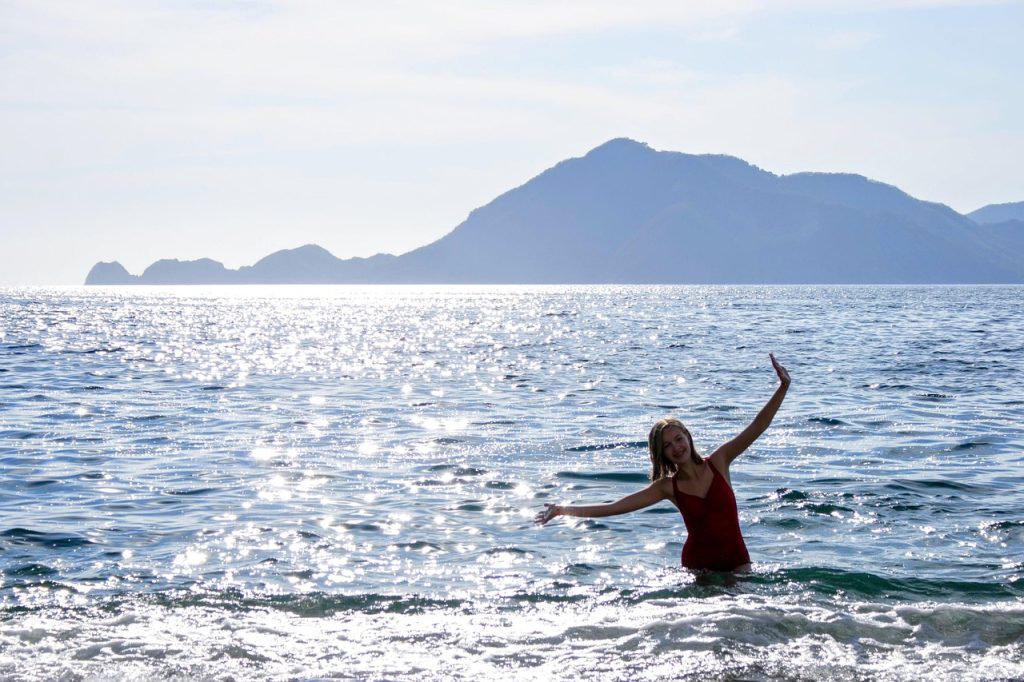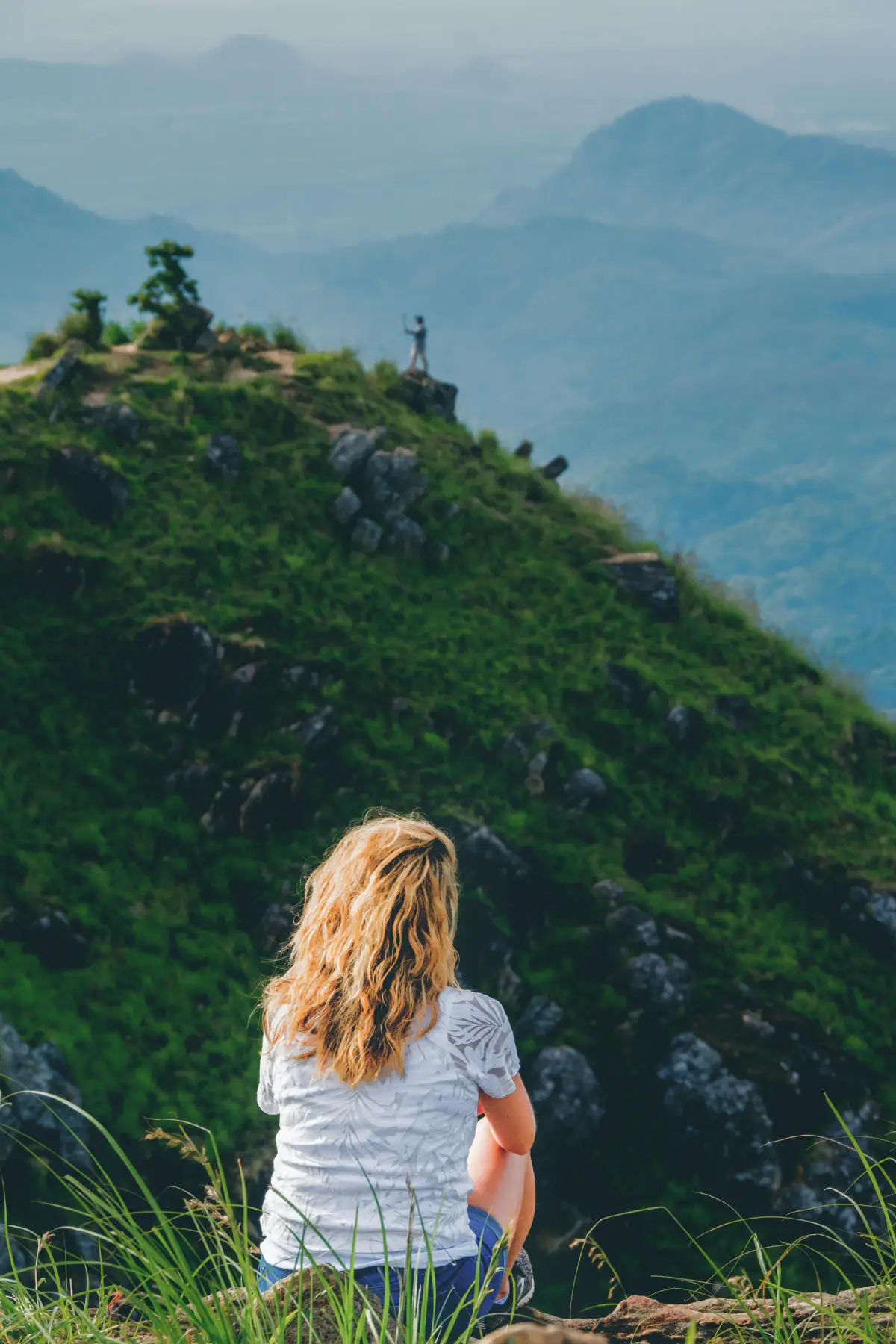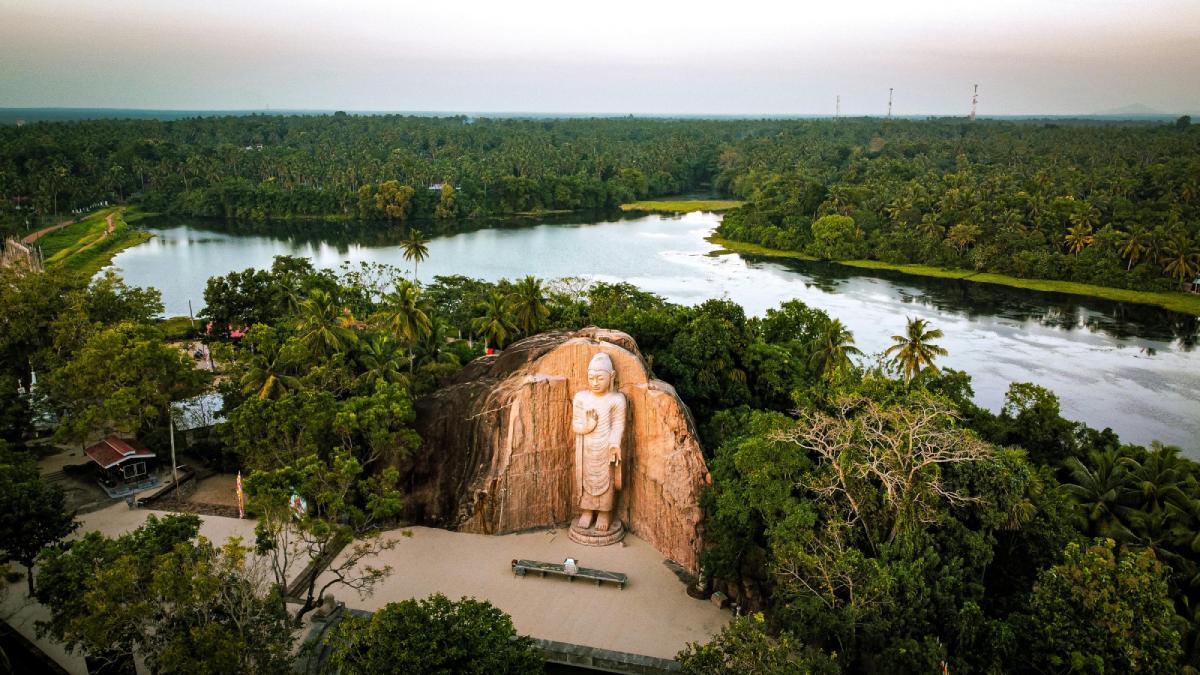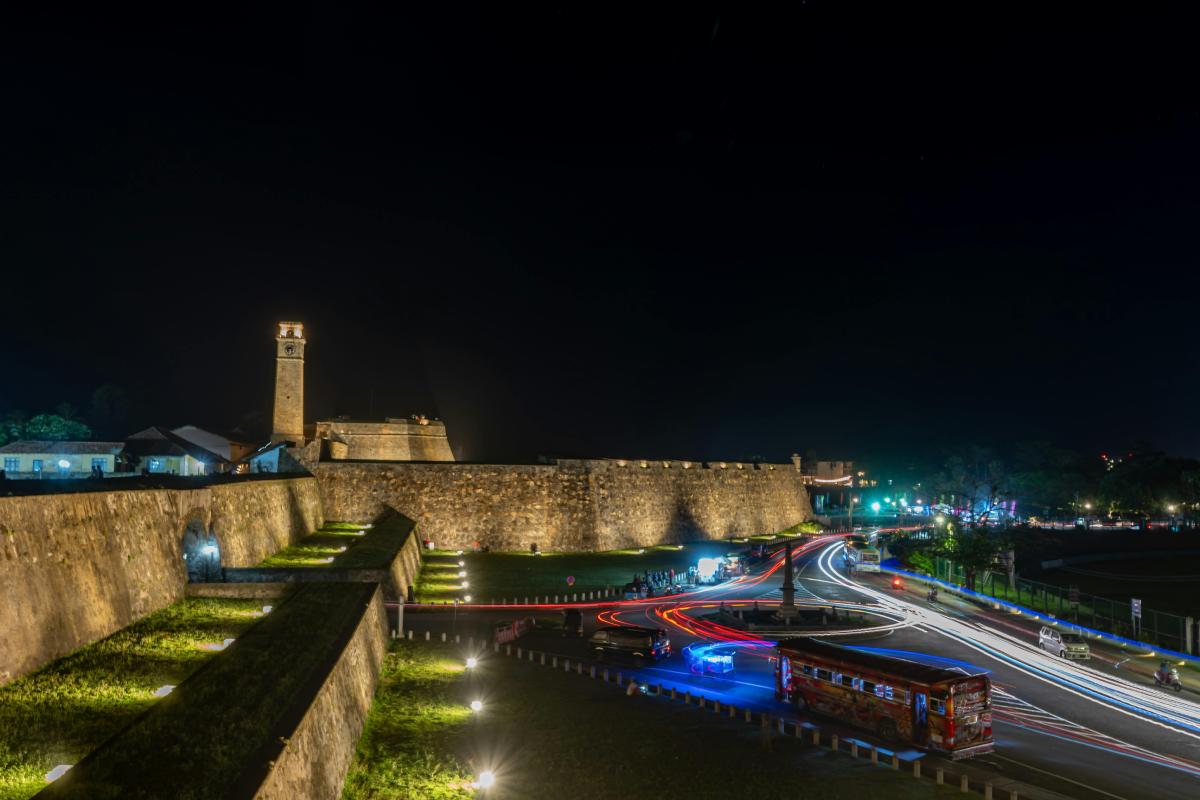Sri Lanka, the teardrop-shaped island nation off the southern coast of India, has emerged as one of Asia’s most captivating destinations. With its pristine beaches, ancient temples, lush tea plantations, and diverse wildlife, it’s no wonder that solo travelers are increasingly drawn to this tropical paradise. But the question remains: is Sri Lanka safe for solo travelers?
The short answer is yes, Sri Lanka is generally considered safe for solo travelers, but like any destination, it requires preparation, awareness, and common sense. This comprehensive guide will explore the various aspects of solo travel safety in Sri Lanka, helping you make an informed decision about your adventure to this enchanting island.
Current Safety Landscape – Is Sri Lanka Safe for Solo Travelers?
Sri Lanka has made significant strides in improving its safety and security infrastructure over the past decade. The country has successfully transitioned from a period of civil unrest to become a stable democracy with a growing tourism industry. The Sri Lankan government has invested heavily in tourist police, improved infrastructure, and enhanced security measures at popular destinations.
However, it’s important to acknowledge that Sri Lanka faced some challenges in recent years, including the 2019 Easter Sunday attacks and the 2022 economic crisis. These events temporarily impacted tourism, but the country has worked diligently to restore confidence and ensure visitor safety. The economic situation has stabilized, and security measures have been reinforced, making it once again a viable destination for solo travelers.
General Safety Considerations
Crime and Personal Security
Sri Lanka has relatively low crime rates compared to many other tourist destinations. Violent crime against tourists is rare, and the Sri Lankan people are generally known for their hospitality and friendliness toward visitors. However, petty crime such as pickpocketing, bag snatching, and scams targeting tourists do occur, particularly in crowded areas and tourist hotspots.
Solo travelers should exercise standard precautions such as keeping valuables secure, avoiding displays of expensive jewelry or electronics, and being aware of their surroundings. The majority of interactions with locals will be positive, but it’s wise to remain cautious of overly friendly strangers who may have ulterior motives.
Transportation Safety
Getting around Sri Lanka as a solo traveler is generally safe, though some modes of transport require extra attention. The country has an extensive bus network that connects major cities and towns, though buses can be crowded and sometimes poorly maintained. Trains are often a safer and more comfortable option for longer journeys, particularly the scenic routes through the hill country.
Tuk-tuks are ubiquitous and convenient for short distances, but solo travelers should negotiate fares in advance and ensure the driver is licensed. For longer journeys, hiring a reputable driver through your accommodation or a recognized tour operator is recommended. If you’re comfortable driving, renting a car is an option, though traffic can be chaotic in urban areas.
Safety for Different Types of Solo Travelers
Female Solo Travelers

Female solo travelers can explore Sri Lanka safely with proper precautions. The country is generally respectful toward women, and harassment is not as prevalent as in some other South Asian destinations. However, female travelers should dress modestly, especially when visiting religious sites, and be aware of cultural norms.
It’s advisable to avoid walking alone late at night, particularly in isolated areas or poorly lit streets. When using public transportation, women-only carriages are available on some trains, and sitting near other families or female travelers can provide additional comfort and security.
Accommodation-wise, choosing reputable guesthouses or hotels with good reviews and security measures is important. Many female solo travelers have positive experiences staying in homestays, which can provide insights into local culture while offering a safer environment.
Male Solo Travelers
Male solo travelers generally face fewer safety concerns in Sri Lanka, though the same basic precautions apply. Men should be respectful of local customs and dress codes, particularly when visiting religious sites where covering shoulders and legs is required.
Alcohol consumption should be moderate, as excessive drinking can lead to poor decision-making and potentially dangerous situations. Be aware that alcohol is not available everywhere, and consumption may be restricted in certain areas or during religious festivals.
LGBTQ+ Solo Travelers
Sri Lanka’s legal and social environment regarding LGBTQ+ rights is complex. While homosexuality was decriminalized in 2022, social acceptance varies widely. LGBTQ+ solo travelers should exercise discretion and be aware that public displays of affection may attract unwanted attention.
Urban areas like Colombo tend to be more liberal, while rural and conservative areas may be less accepting. It’s advisable to research LGBTQ+-friendly accommodations and establishments before traveling.
Regional Safety Variations
Colombo and Western Province
The capital city and surrounding western province are generally the safest areas for solo travelers. Colombo has a visible police presence, better infrastructure, and more tourist facilities. However, urban areas also present typical city risks such as traffic congestion, air pollution, and petty crime.
The western coastal areas, including popular beach destinations like Bentota and Negombo, are well-developed for tourism and have adequate safety measures in place.
Cultural Triangle
The Cultural Triangle, encompassing ancient cities like Anuradhapura, Polonnaruwa, and the famous Sigiriya Rock Fortress, is generally safe for solo travelers. These areas have significant tourist infrastructure and security presence due to their UNESCO World Heritage status.
Hill Country
The central highlands, including Kandy, Ella, and Nuwara Eliya, are popular among solo travelers and considered quite safe. The cooler climate and scenic beauty make this region particularly appealing. However, mountain roads can be treacherous, especially during monsoon seasons.
Eastern and Northern Provinces
These regions, which were most affected by the civil conflict, have made substantial progress in terms of safety and infrastructure. However, some areas may still have limited tourist facilities, and it’s advisable to research current conditions before visiting.
Southern Province
The southern coast, including Galle, Mirissa, and Tangalle, is popular with tourists and generally safe. However, solo travelers should be cautious of strong ocean currents and always swim at lifeguarded beaches.
Practical Safety Tips
Health and Medical Safety
Sri Lanka has decent healthcare facilities in major cities, though quality can vary significantly between urban and rural areas. Solo travelers should have comprehensive travel insurance that covers medical evacuation. It’s advisable to carry a basic first-aid kit and any prescription medications you might need.
Water safety is crucial. Stick to bottled water or properly filtered water, and be cautious with ice in drinks. Street food can be delicious but choose busy stalls with high turnover to reduce the risk of foodborne illness.
Natural Hazards
Sri Lanka is prone to various natural hazards that solo travelers should be aware of. The country has two monsoon seasons, which can bring heavy rains and flooding. Tsunamis, while rare, are a possibility given the country’s location. Familiarize yourself with evacuation procedures and stay informed about weather conditions.
Wildlife encounters, while exciting, can be dangerous. Follow guide instructions during safari visits, and be aware that elephants, leopards, and venomous snakes are present in certain areas.
Cultural Sensitivity and Religious Sites
Respecting local customs and religious practices is not only polite but also contributes to your safety. Dress modestly when visiting temples and religious sites, remove shoes when required, and avoid pointing your feet toward Buddha statues or monks.
Photography restrictions may apply at certain religious sites, and it’s always best to ask permission before taking photos of people, especially in rural areas.
Technology and Communication
Staying connected is crucial for solo travelers’ safety. Sri Lanka has good mobile network coverage in most areas, and purchasing a local SIM card is affordable and straightforward. Having access to maps, translation apps, and emergency contacts can be invaluable.
Share your itinerary with someone back home and check in regularly. Consider using location-sharing features on your phone for added security.
Emergency Preparedness
Familiarize yourself with local emergency numbers and the location of your country’s embassy or consulate. Keep copies of important documents in multiple locations, and have both digital and physical copies accessible.
Register with your embassy upon arrival if recommended, and stay informed about local news and developments that might affect your safety.
Money and Scams
Sri Lanka operates primarily on a cash basis, though card payments are becoming more common in urban areas. ATMs are widely available, but inform your bank of your travel plans to avoid card blocks.
Common scams include overcharging for goods and services, fake travel agencies, and gem scams. Research typical prices beforehand and don’t be afraid to negotiate or walk away from deals that seem too good to be true.
Accommodation Safety
Choose accommodations with good security measures and reviews from other solo travelers. Many guesthouses and hotels have safes for valuables, and reception staff can provide valuable local safety information.
Consider the location carefully – staying in well-lit, populated areas is generally safer than isolated locations, especially for first-time visitors.
Final Recommendations
Solo travel in Sri Lanka can be an incredibly rewarding experience when approached with proper preparation and awareness. The country offers a unique blend of natural beauty, cultural richness, and warm hospitality that makes it an attractive destination for independent travelers.
Start with well-established tourist areas if you’re new to solo travel or unfamiliar with South Asian culture. As you become more comfortable, you can explore more off-the-beaten-path destinations.
Trust your instincts – if something feels wrong, remove yourself from the situation. The vast majority of your interactions will be positive, but staying alert and prepared is key to a safe and enjoyable journey.
Consider joining online communities or forums for solo travelers to Sri Lanka, where you can get real-time advice and connect with other travelers who have recent experience in the country.
Sri Lanka’s natural beauty, rich cultural heritage, and improving safety infrastructure make it an excellent choice for solo travelers who take appropriate precautions. With proper planning, cultural sensitivity, and common sense, your solo adventure in the Pearl of the Indian Ocean can be both safe and unforgettable.
Remember that safety is ultimately a personal responsibility, and staying informed about current conditions, respecting local customs, and maintaining awareness of your surroundings are the keys to a successful solo travel experience in Sri Lanka.


